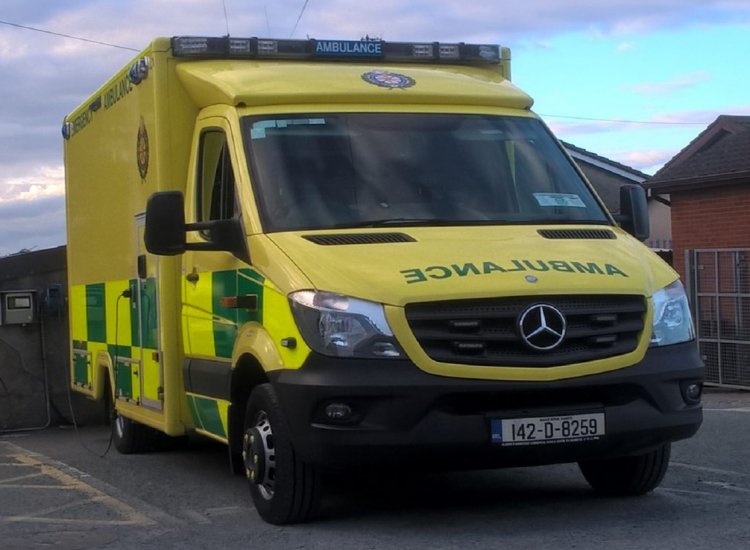

The average ambulance response time to life-threatening Category 1 cases across the country has been increasing year on year since 2019, according to new data from the National Ambulance Service, reports RTE.
Last year it was 26 minutes.
Last year in the western region, one person waited 22 hours for an ambulance.
In the first two months of this year, a man in the south of the country waited more than 13 hours for an ambulance.
The figures shows that the number of patient deaths nationwide last year before an ambulance arrives at the scene was 890.
This comes down into 294 cases in North Leinster, 306 cases in the southern region and 290 cases in the western region.
In 2022, 34% of ambulances nationwide took more than an hour to get a patient to a hospital due to traffic congestion, the highest percentage since 2019.
The figures were obtained by Antu leader Pedar Tóbin as part of a series of parliamentary questions.
In its written response to questions, the HSE’s National Ambulance Service (NAS) said the ambulance fleet is 280 but the number can fluctuate due to new arrivals and the replacement of older vehicles, reports RTE.
It said the service does not report response times per ambulance station and that it is not considered a key performance indicator by the Health Information and Quality Agency, the Department of Health or the NAS.
According to the NAS, 85% of ambulances left the hospital in less than an hour in 2019.
So far this ongoing year, 72 percent of ambulances have left the hospital in less than an hour in the first two months, reports RTE.
The NAS said it is not reporting data based on the county where a patient has died until an ambulance arrives.
The service said it does not respond to cases where a patient has been pronounced dead by a doctor unless requested by Gardaí.
The HSE said NAS last year established a new strategic management unit that operates 24/7 to support staff and proactively manage pressure and growth within the service.
It said it has worked with acute care hospitals to minimize the impact of delayed turnaround times on their ability to respond to 999 calls in the community, reports RTE.
Tell us your thoughts in the Facebook post and share this with your friends.

